Bedsores & Pressure Ulcers
Bedsores Don’t Have To Happen!
New Jersey Nursing Home Attorney
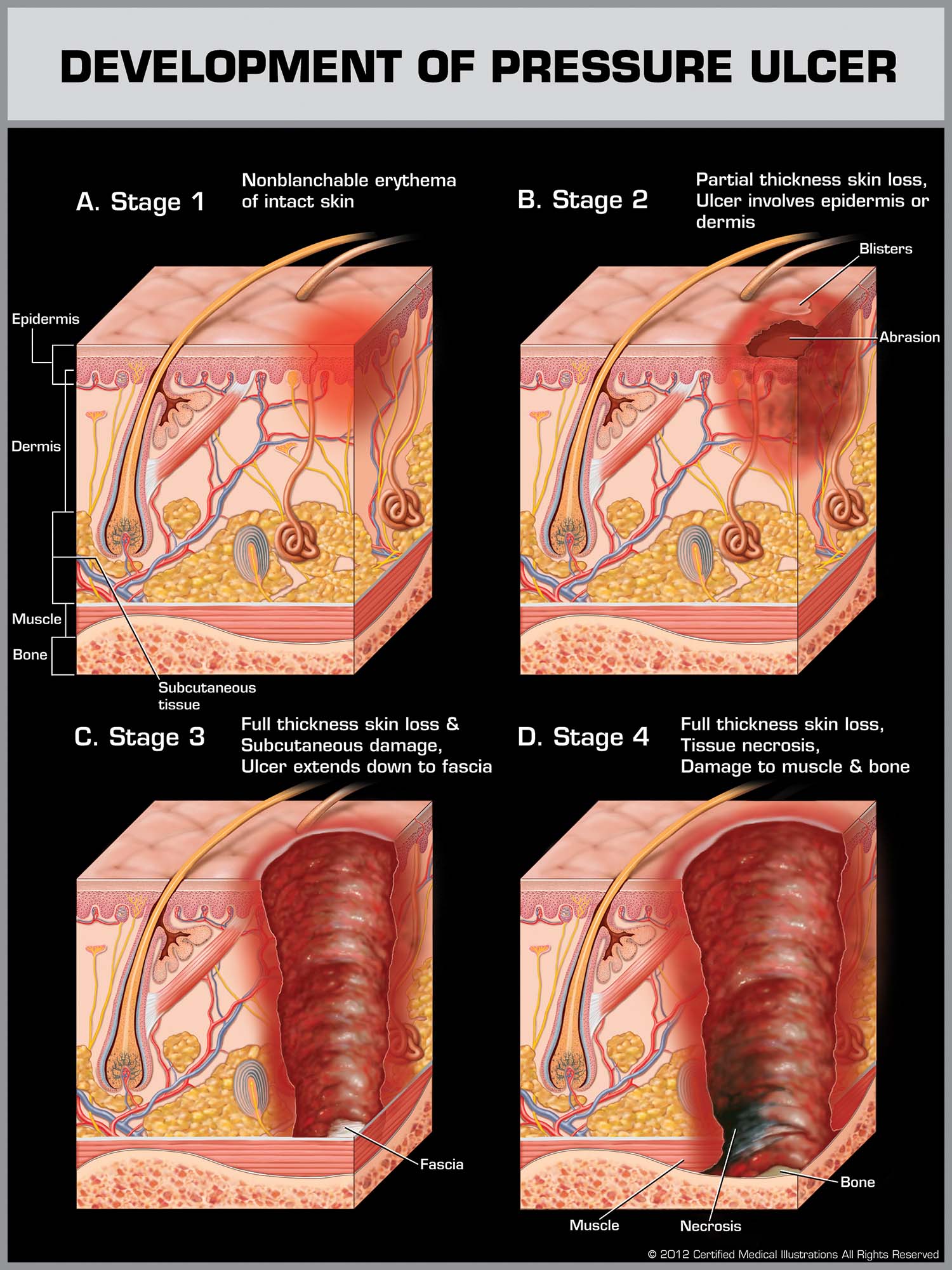 If your loved one is exhibiting signs of bedsores, skin lesions or insufficient wound care, you can rely on New Jersey nursing home attorney of the Law Office of Andrew A. Ballerini to help your family fight back.
If your loved one is exhibiting signs of bedsores, skin lesions or insufficient wound care, you can rely on New Jersey nursing home attorney of the Law Office of Andrew A. Ballerini to help your family fight back.
Our New Jersey nursing home attorneys offer more than 40 years of combined personal injury trial experience backed by integrity and aggressive representation. We take the time to thoroughly investigate past instances of abuse or neglect by the nursing home and the appropriate level of care that should have been provided. In addition to our own experience, we also have the resources of independent experts to help us collect evidence and prepare a strong case for full and fair money damages for bedsore and pressure ulcer injuries. Contact a nursing home abuse lawyer today.
We handle cases involving all serious nursing home injuries and wrongful death:
- Bedsores (pressure ulcers, decubitus ulcers)
- Skin lesions, improper wound care
- Malnutrition, dehydration and improper hygiene
- Medication errors
- Physical and sexual abuse
We are licensed in New Jersey and Pennsylvania. If your loved on have been abused by a nursing home it is important to contact a New Jersey nursing home attorney immediately. Protect your rights and call (856) 665-7140 today.
Bedsores and Pressure Ulcers at Nursing Homes
Bedsores, also known as pressure ulcers or pressure sores, are a significant concern in nursing homes and other healthcare settings where individuals with limited mobility are cared for. Bedsores are injuries to the skin and underlying tissues that result from prolonged pressure on the skin, often in combination with friction and shear forces. They typically develop over bony prominences such as the hips, heels, elbows, and the base of the spine.
Here are some key points about bedsores and pressure ulcers in the context of nursing homes:
- Causes: Bedsores are primarily caused by unrelieved pressure on the skin and tissues. This pressure reduces blood flow to the area, leading to tissue damage and eventually the formation of an ulcer. Other contributing factors include friction (rubbing of the skin against surfaces), shear forces (internal tissue layers sliding against each other), moisture, and poor nutrition.
- Risk Factors: Individuals with limited mobility are at the highest risk for developing bedsores. This includes elderly individuals in nursing homes who may have difficulty changing positions independently. Other risk factors include poor nutrition, dehydration, impaired sensory perception, poor circulation, and certain medical conditions (such as diabetes).
- Prevention: Preventing bedsores is crucial, and nursing homes should have protocols in place to minimize the risk. Strategies include regularly repositioning residents to relieve pressure, using appropriate support surfaces (e.g., specialized mattresses and cushions), keeping the skin clean and dry, maintaining proper nutrition and hydration, and conducting regular skin assessments.
- Stages: Bedsores are categorized into different stages based on their severity:
- Stage 1: The skin is intact but discolored, often appearing red or blanched. It may feel warmer or cooler than the surrounding skin.
- Stage 2: The skin is broken, forming an open wound or blister. The ulcer is superficial and involves the top layers of skin.
- Stage 3: The ulcer extends through the full thickness of the skin and into the subcutaneous tissue. Fat may be visible, but not bone, tendon, or muscle.
- Stage 4: The ulcer is deep and reaches underlying muscle, bone, or supporting structures. Tunneling (channels) may be present.
- Treatment: Treatment of bedsores involves addressing the underlying causes, keeping the wound clean and free from infection, and promoting wound healing. This may include wound dressings, antibiotics if infection is present, and in some cases, surgical interventions.
- Legal and Ethical Considerations: Neglect or inadequate care leading to the development of bedsores in nursing homes can raise legal and ethical concerns. Families of residents and regulatory bodies may hold nursing homes accountable for failing to provide proper care and prevention.
It’s important for nursing homes to have comprehensive care plans in place to prevent and manage bedsores. Regular assessment, communication among staff members, and a focus on maintaining the residents’ overall well-being are essential in preventing and addressing this issue.
Stages of Heel Pressure Ulcer
Stage 1
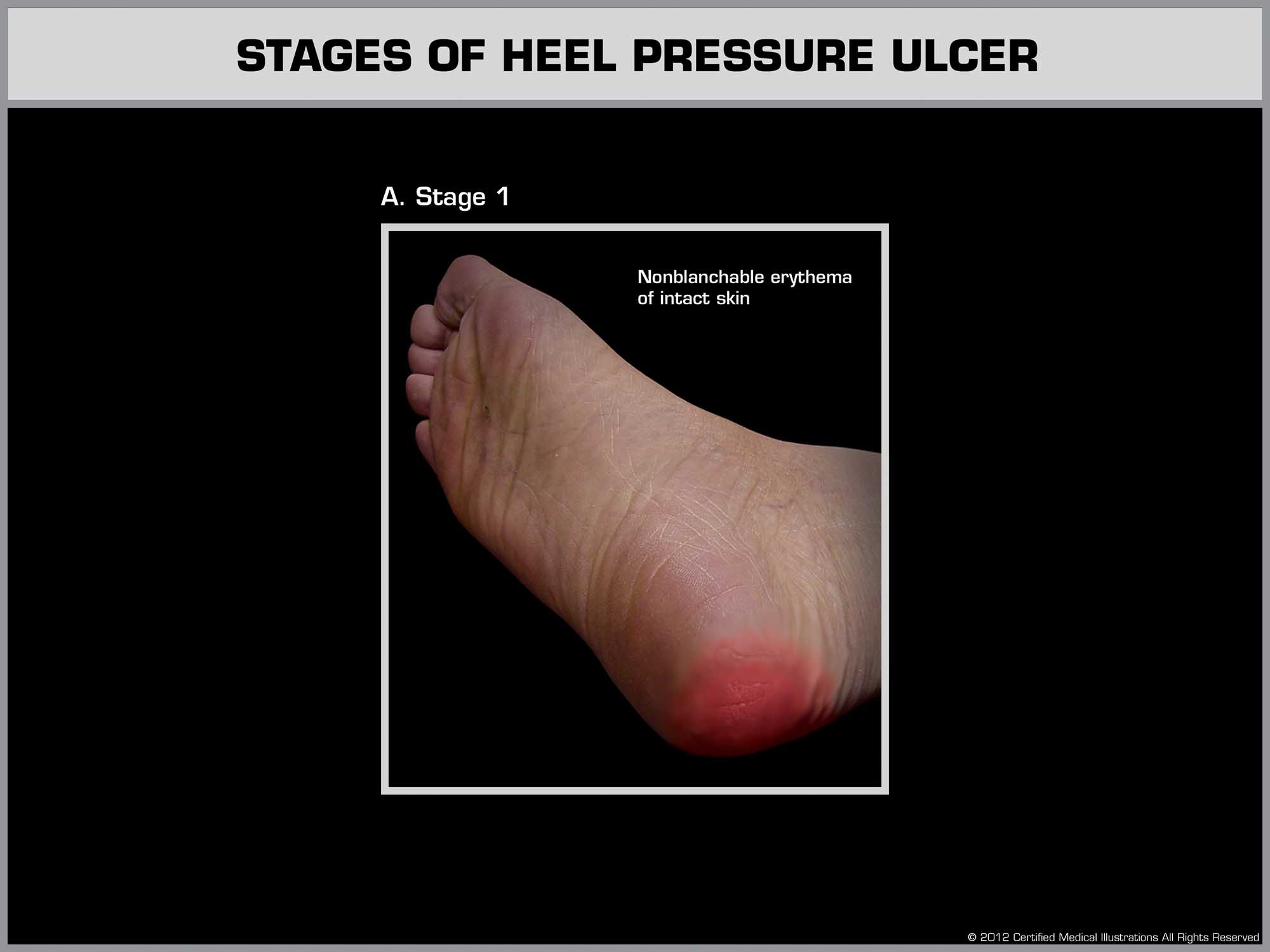
Stage 2
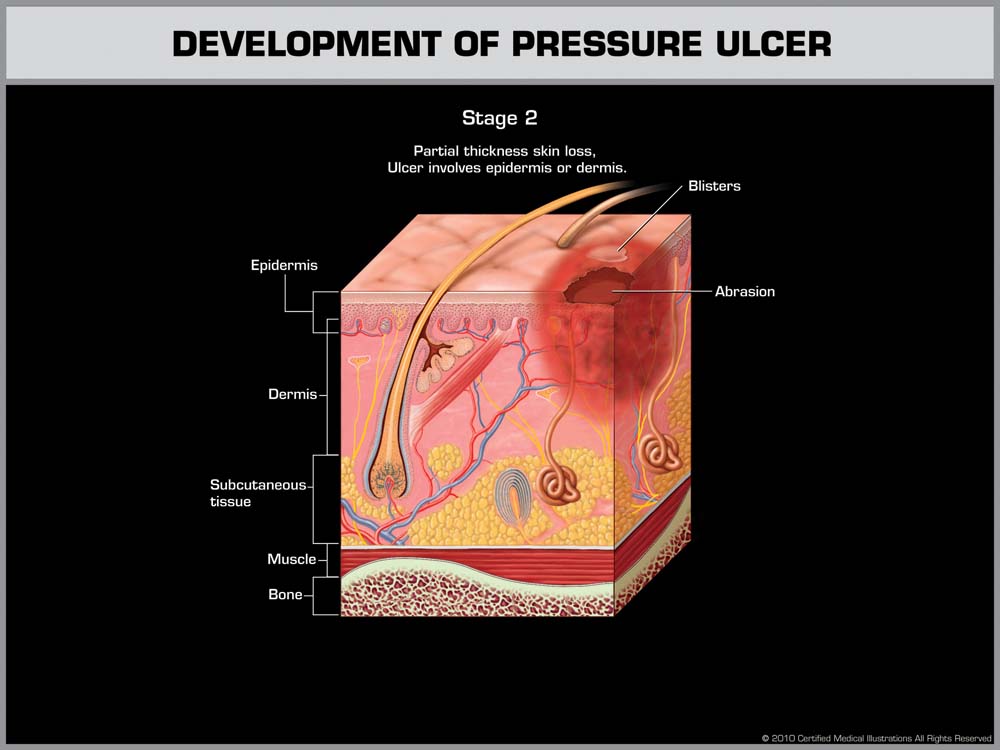
Stage 3
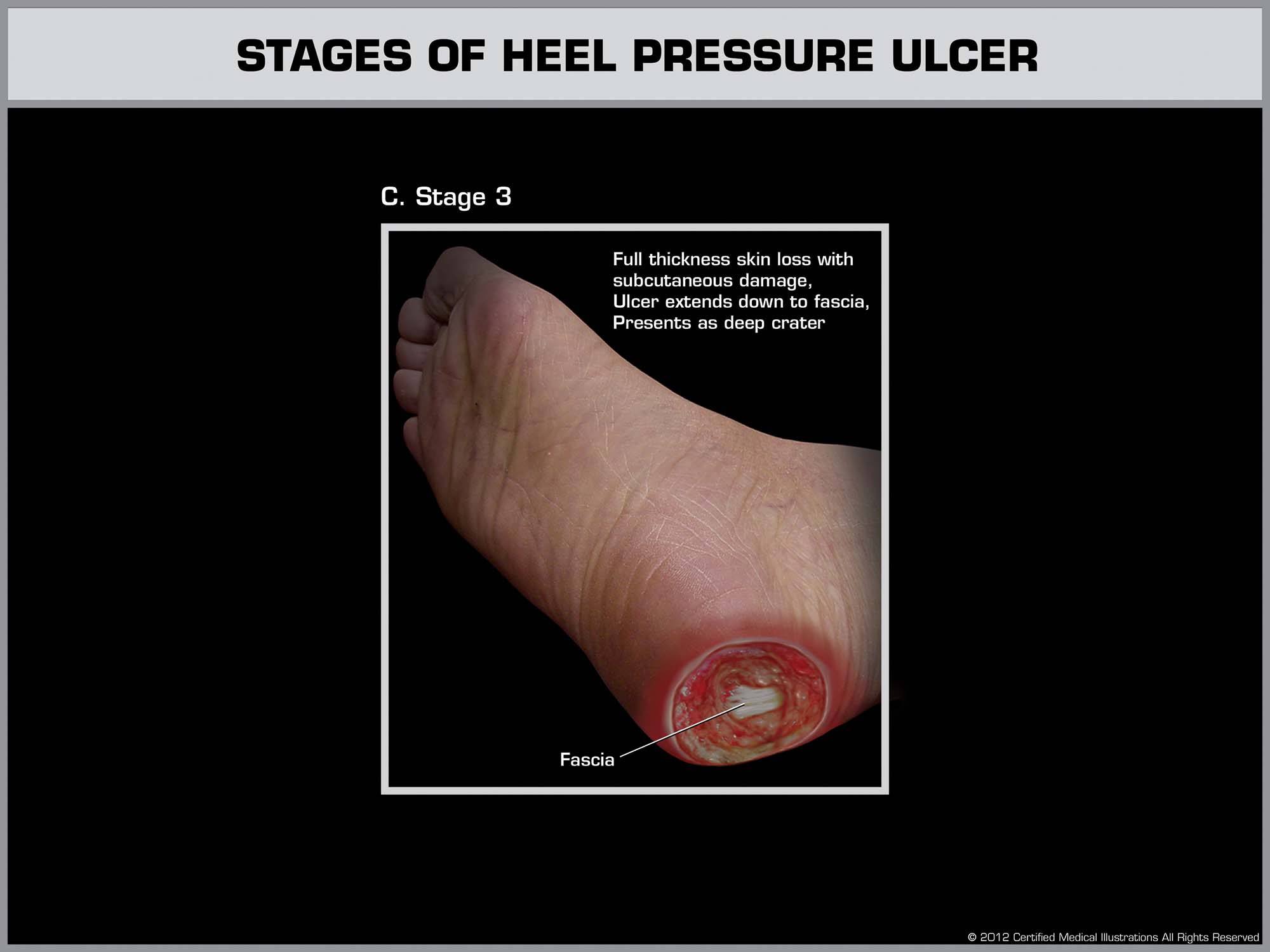
Stage 4
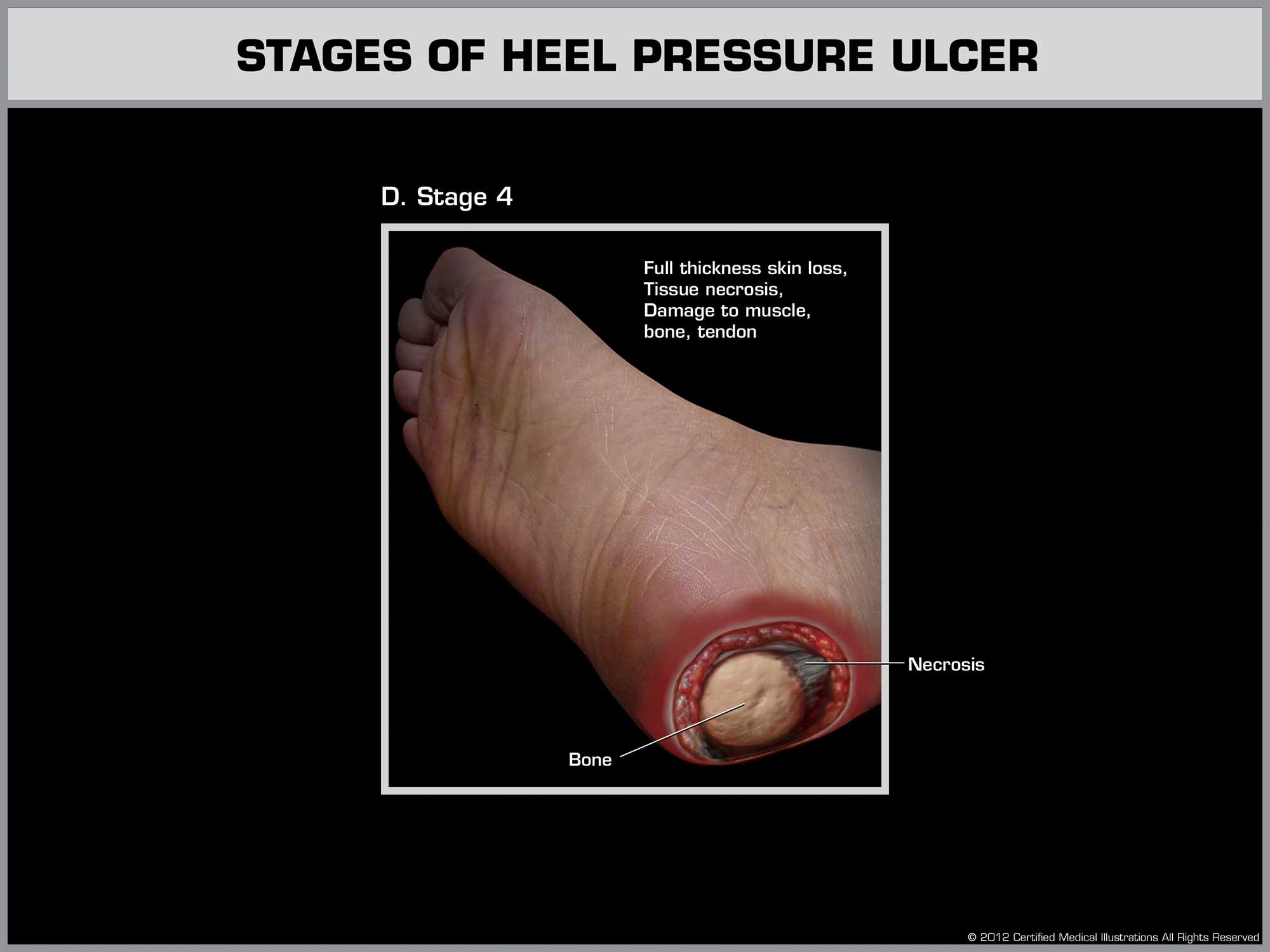
Deep Tissue Injury
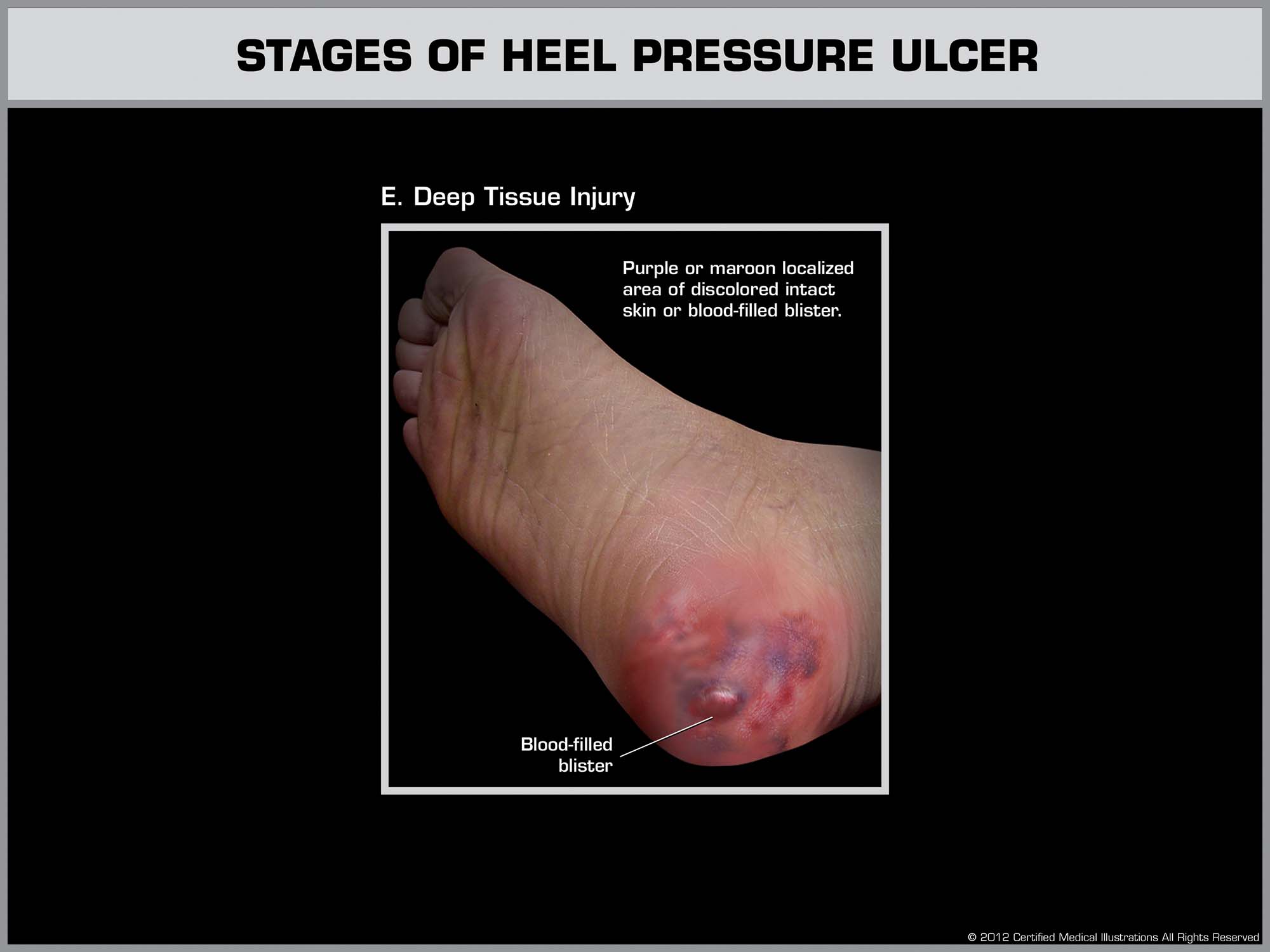
Unstageable Pressure Ulcer
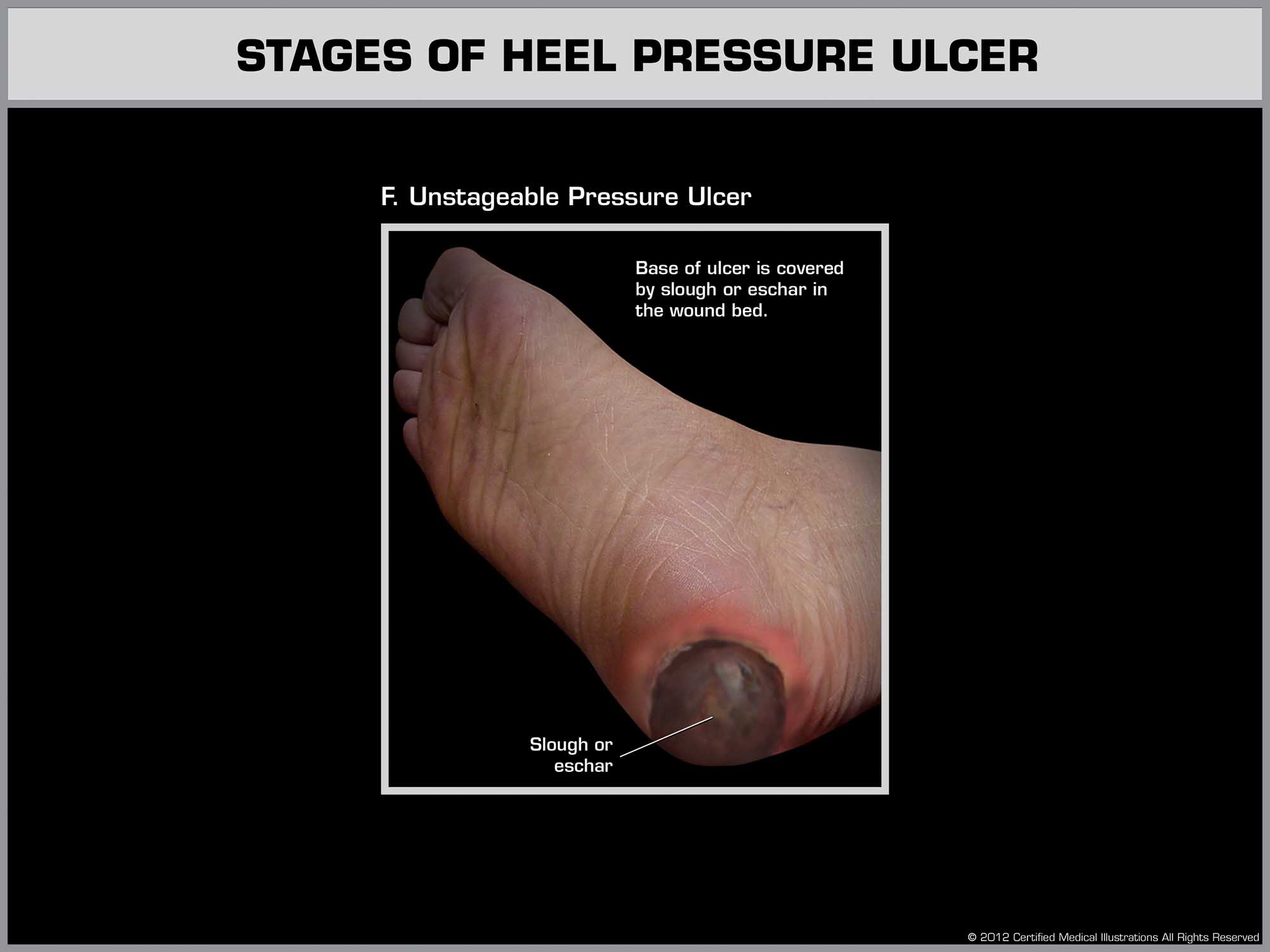
Contact Nursing Home Attorney in Cherry Hill for Consultation
To find out more about how to recover compensation for injuries suffered because of nursing home abuse and neglect, call a New Jersey nursing home injury lawyer at the Law Office of Andrew A. Ballerini at (856) 665-7140. Contact one of our nursing home injury attorneys and set up a free initial consultation about your nursing home lawsuit.
Call For a FREE Case Evaluation
Nuring Home Negligence
$275,000
New Jersey nursing home attorney Rich Talbot reached an agreement to settle a matter for $275,000 involving a man who was getting rehab for about a month, during which he developed heel pressure injuries. The matter got “stuck” with the arbitration system (do NOT sign arbitration agreements with admissions), but a just result was still obtained. Do not stand for subpar care in a nursing home. It is more than a case. It is a cause.
Nuring Home Negligence
$400,000

